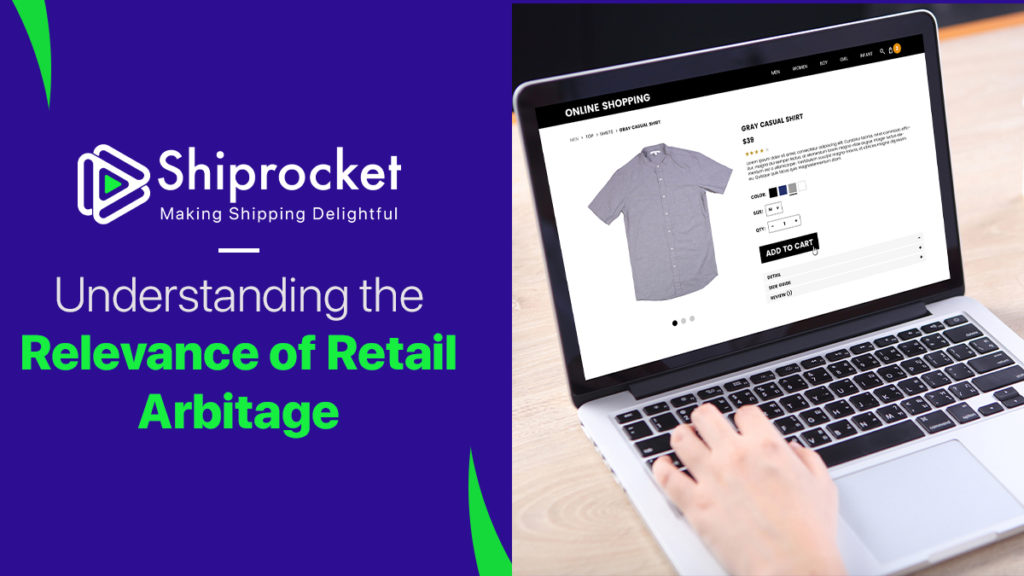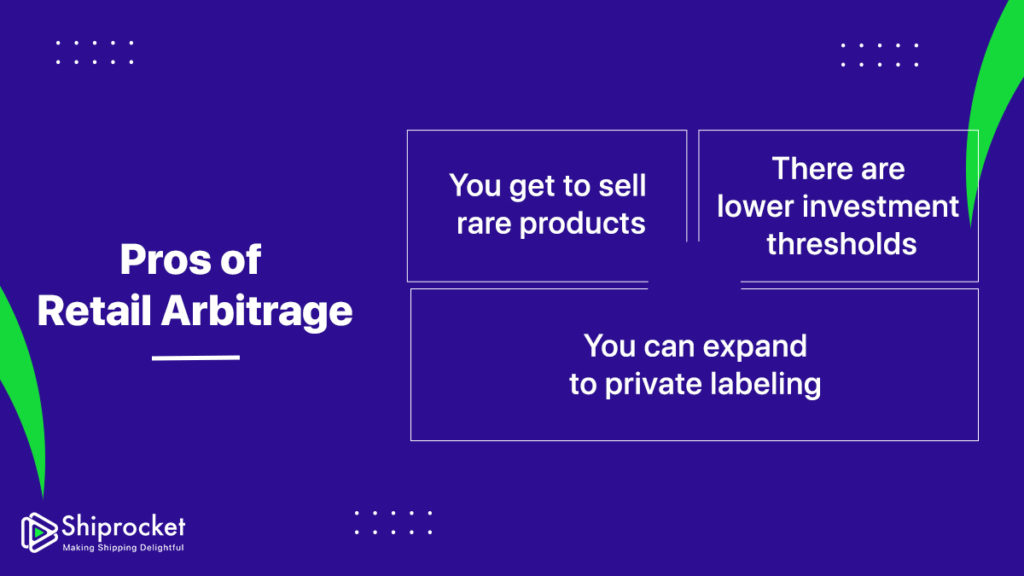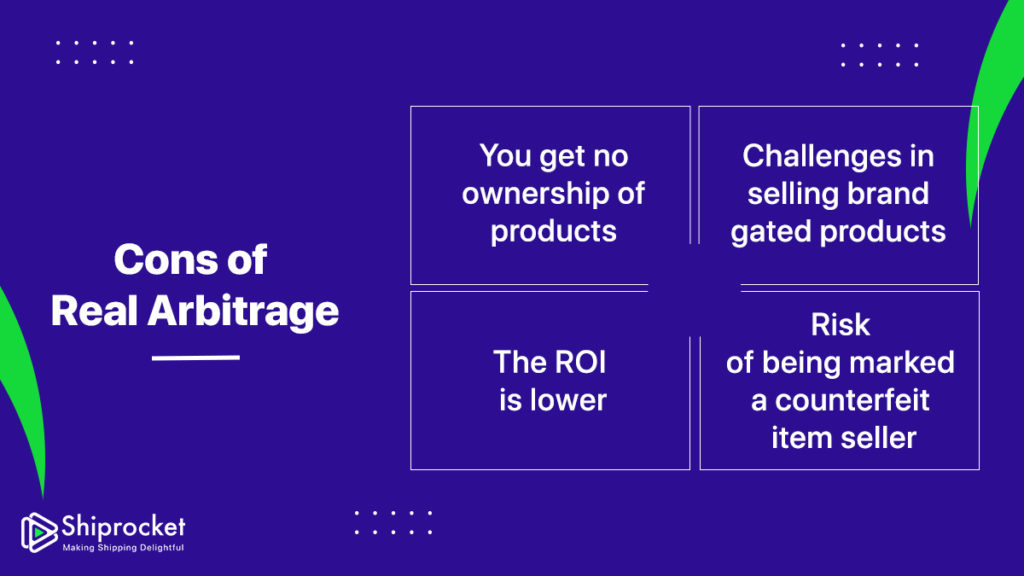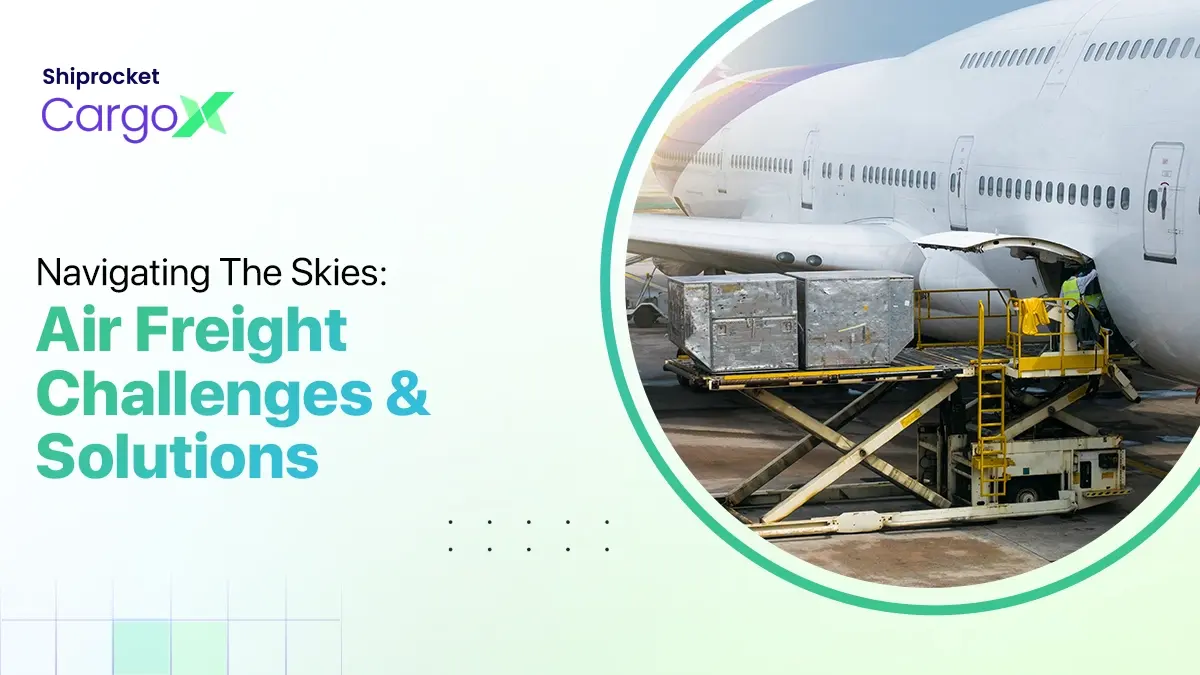Find Out If Retail Arbitrage is a Profitable Business Idea For Your Business
As a business making money is one of your primary goals. No matter what you do, at the end of the day, the silent goal is to increase your profits. While there are more than a few ways you make profits for your business, you also come across different business models that are practically designed to maximize them. Be it selling on Amazon or any other marketplace, if you’ve ever tried expanding your business’ portfolio to these platforms, you might not have gone without hearing about retail arbitrage.

While everything about retail arbitrage might seem lucrative at first, there are many minute details that you must be aware of while planning a business strategy around it. The profit-making business model might also seem an excellent opportunity for those who haven’t set their foot in the world of business but want to make money.
Imagine getting out of your bed every morning, bringing the newspaper, heading outside for your breakfast and coffee, ultimately spending everything on your way. Only if there was a way, you could be making money every morning and as you sleep. This is where natural arbitrage kicks in. So, as you plan on carving a niche for yourself in the world of eCommerce with retail arbitrage, we suggest you take a look at its pros and cons. This will help you decide whether this is the business model you want to work out for the rest of your career or just a sprinting start. Let’s take a look at real arbitrage in detail.
What Is Retail Arbitrage?
Retail arbitrage refers to the process of purchasing items at a lower price than market value and selling them for a higher price to customers.
The concept of retail arbitrage is simple and traditionally the first thing that comes to mind when deciding to do business. As you create a profile for yourself on marketplaces like Amazon, online, the next thing to do is to list and make products available to your customers. In the process of retail arbitrage, you buy products from a retail store and sell them to your customers at a higher price.
The difference between buying and selling costs becomes your profit margin. While it seems easy to make money, real arbitrage is not a long-term business model. If you’ve tried your hands on retail arbitrage before, it might have seemed a great option because you were able to procure the products at low costs from a retail store and sell them at a higher price on Amazon or maybe even to your neighbor.
For example, you went to a retail store and found some items at significant discounts because the store might be clearing its old stocks. An item usually priced at $50 is not listed at $20. You immediately jump in, invest some cash, and end up buying as many as 50 units of the product with the expectation of selling it at a higher price to your customers.
Now you list these products on Amazon with a lower price than the standard price of $50. Even if you list your products as $49 or $48, you’ll still be making a considerable profit margin without any doubt. And customers will jump in to buy your product because the price is relatively lower than other sellers. As the customer purchases your product, you fulfill your orders using Amazon’s FBA if you’re selling on Amazon.
However, a wise option would be to use a third-party logistics provider like Shiprocket to help fulfill your products at much cheaper rates than Amazon FBA, thus increasing your profit margins even more. Not only will you get to sip your products using the best logistics providers but also rely on the courier recommendation engine to help you find the best shipping company to ship your products with, across 27000+ pincodes in India.
While real arbitrage appears like a traditional form of selling, it is not. While regular businesses procure their inventory from wholesale suppliers or manufacturers, natural arbitrage heavily relies on retail stores for the job.
If you’re considering it as a long-term business plan, let’s say that you had a good past year because the odds of getting items at lower prices from retail are not always in favor.
Pros Of Retail Arbitrage
Real arbitrage is an excellent option to kick off your entrepreneurial spirit and give you a taste of the business world. It’s simple and returns profits too. Let’s take a look at the way it can benefit your business

Wide Range Of Products
One of the best advantages of real arbitrage comes from selling on Amazon. Amazon might miss specific product categories due to its traditional supply chain agreements despite its extensive product categories. As a third-party seller, you can bring these products to the table and add value to Amazon. Not only will the customers be interested in buying such products, but this will also make you an invaluable resource for Amazon since the marketplace has a cut for every product that sells on its paltform.
Lower Thresholds
You don’t necessarily need to own a warehouse, a large team, and other resources for real arbitrage. You could get started with as little investment as you want and lower your business risks. More to this, Amazon doesn’t even charge its sellers a subscription fee for less than 40 orders a month. Therefore, the low risk and investment factor makes real arbitrage quite appealing to sellers.
Room For Private Labelling
Many sellers find real arbitrage an excellent opportunity for selling private labels. Once sellers understand how a marketplace like Amazon works, they turn towards establishing themselves as a brand that sells private labels online. Private labels are attractive and more stable ways of extending the real arbitrage business in the long run.
Cons Of Retail Arbitrage
Now that you’re well aware of the pros of real arbitrage, let’s understand the ways it can harm you and your business –

No Ownership Of Products
When you sell via an accurate arbitrage business model, you seldom own the products. This means you are limiting yourself, which can cause diminished profits in the long run. If one of your products starts selling more, you might have to ask other people to buy products from retail stores. This is because retail stores have limits to what they can purchase and the number of units they have purchased as a customer. You might also have to head to multiple retail stores to find the product’s units. Not only does this involve transportation costs but also a great deal of hassle.
Little Scope For Brand Gated Products
A lot of products on Amazon are brand-gated. This means that you would require the permission of the brand to sell it on Amazon. If the product that you’re buying from a retail store is brand gated, the chances are that you might not be able to sell it on Amazon. This, in turn, only leaves you with other marketplaces like eBay, etc., that have a limited audience.
Lower ROI
Every step of the business involves getting and receiving cuts. Regardless of the platform you sell, you will have to cut your profit margins regarding the selling fee, logistics and fulfillment cost, etc. This reduces your profit margins by a significant chunk and seldom leaves any room for growing your business.
Brand Registry Protection
Selling on Amazon has its perks, But the platform places its customers’ experience first and foremost. This process allows private labels and brands to exercise control over their products in the forum’s larger context. This means such brands can report other sellers selling their products via real arbitrage. This might lead to you flagging as a counterfeit item seller and even leading to a ban on your Amazon selling account.
Conclusion
No matter how unique real arbitrage might seem like a business idea at first, it has more cons than benefits in the long run. As a business, you must think about making profits and how you can provide your customers with satisfaction and build a relationship with them. Unless you put your customers first, there is no way you’ll earn a name as a reputable business in the market.





